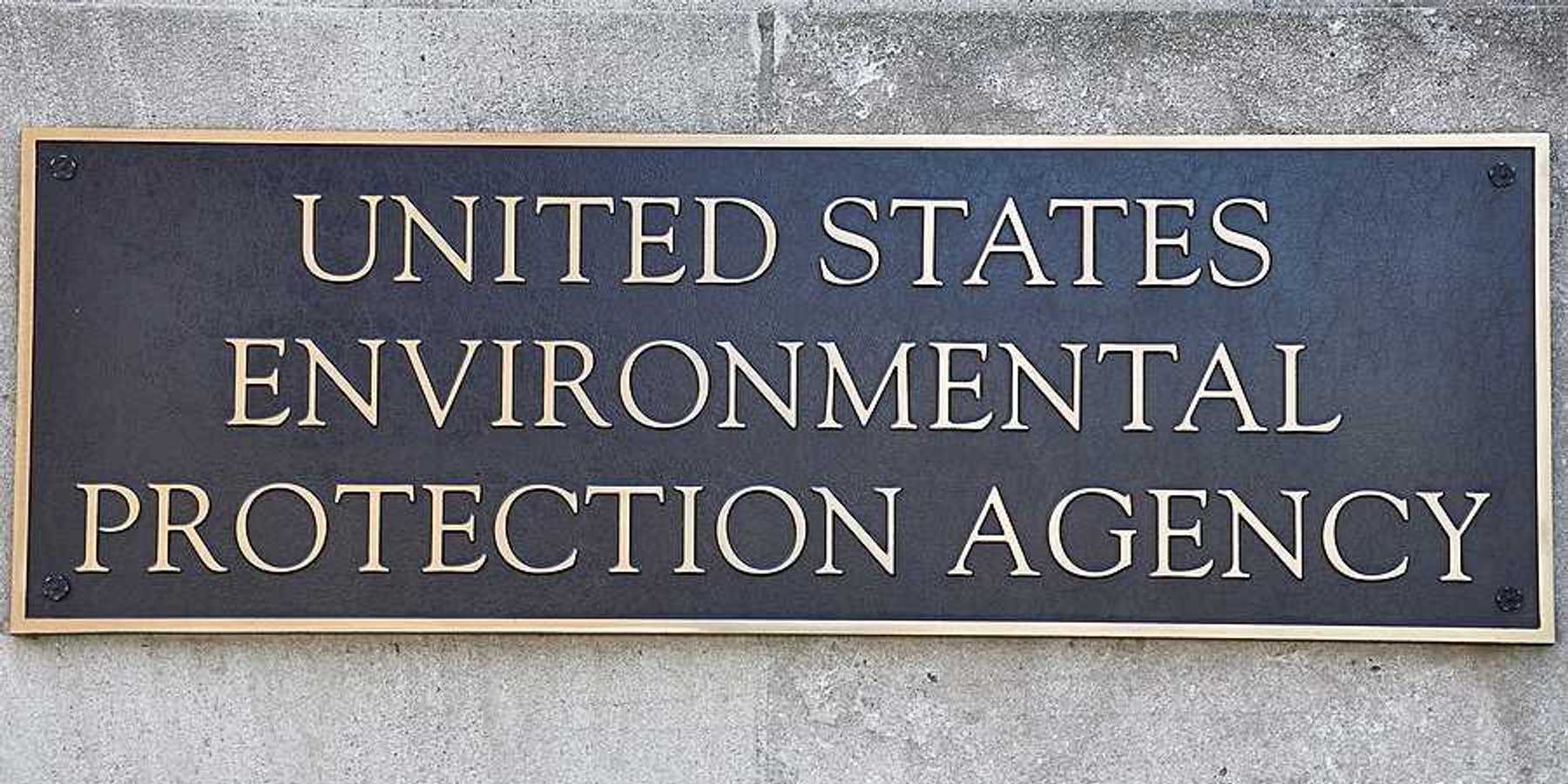Climate extremes disrupt U.S. with blizzards, wildfires and record heat
A volatile week of extreme weather brought blizzards, deadly wildfires and confirmation that 2024 was the hottest year on record, intensifying concerns about the accelerating impacts of climate change.
Melina Walling reports for The Associated Press.
In short:
- A severe blizzard blanketed parts of the Midwest and South with snow and ice, stranding travelers and overwhelming emergency shelters.
- In California, intense winds fueled wildfires near Los Angeles, destroying homes and straining firefighting resources as water systems failed.
- Weather agencies confirmed 2024 as the hottest year globally, surpassing the 1.5°C warming threshold for the first time since record-keeping began.
Key quote:
“For the average person, this means the changes you’re experiencing — more extreme weather, rising costs due to climate impacts, threats to food and water security — aren’t anomalies. They’re the new normal unless we take action.”
— Victor Gensini, meteorology professor at Northern Illinois University
Why this matters:
Extreme weather events, driven by rising temperatures, are becoming more frequent and severe, straining infrastructure and displacing communities. With climate policies at a crossroads, how the U.S. responds will shape future risks.
Learn more:













